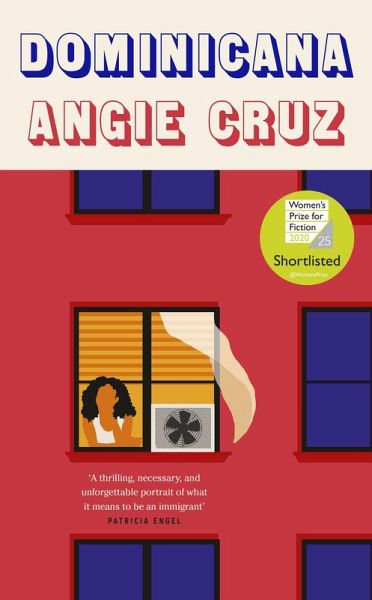
So being that Ana only spoke Spanish, I had to figure how to write the book in English but point to Spanish. In the end I decided to write the book in first person. So for years I didn’t know if I should pull the camera lens far out or up close to the protagonist, Ana. I struggled because I was committed to write a novel about a woman like my mother who was asked to sacrifice her life for the good of the family, but I was also interested in the historical story of the 60s in both Dominican Republic and New York City. How did you come up with her character and voice?Īngie Cruz: The novel took me over a decade to write and in that time it was written in many different POV’s. The narrator Ana’s voice is so distinctive, so I wanted to start there. It’s a voice-driven, lyrical, and heart-wrenching piece. Crystal Hana KimĬrystal Hana Kim: Angie, congratulations on publishing Dominicana. Her answers were wise and resonated with me as a writer, thinker, woman, and person of color. Angie and I discussed many topics, ranging from our intended audiences as writers of color, ‘breaking the rules’ of structure and perspective, motherhood, and whether writing ever gets any easier. Dominicana, out on September 3, has already been on ‘most anticipated’ lists of The New York Times, Time, Buzzfeed, and The Washington Post for good reason.

As she struggles with abuse, the pressures of enduring for one’s family, her ambivalence about motherhood, and a growing attraction to another man, Cruz also illuminates the larger machinations of our world-from the Dominican Civil War to Malcolm X’s death to the competitive tensions between different immigrant groups in New York City. Ana’s tender, raw voice is distinctive and full of pathos. Ana Canción, our narrator, is a 15-year-old girl in the Dominican countryside who marries and immigrates to Washington Heights, NYC in 1965 in the hopes of one day creating a better life for her family back home. Angie Cruz’s third novel, Dominicana, is an evocative, commanding story that digs into the universal themes of immigration, love, war, and family through a specific, voice-driven lens.


 0 kommentar(er)
0 kommentar(er)
